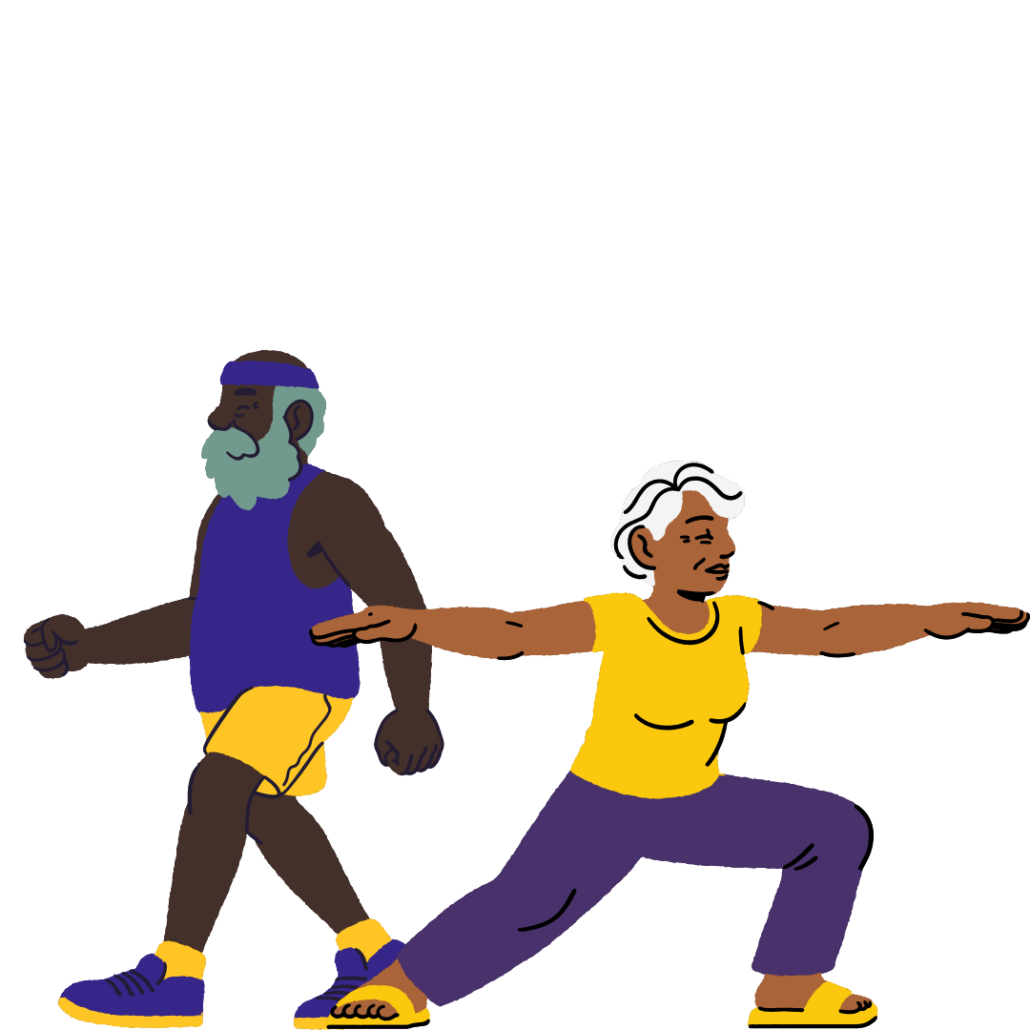BuildClinical recruiting for PenningtonBiomedical
RAATE Research Study
Researchers at LSU's Pennington Biomedical Research Center want to test if physical activity programs, developed with input from older African American adults, can help reduce the risk of Alzheimer's disease. Join our paid study today!

Fast Facts
african american
60+ years old
Compensation Provided
conducted in baton rouge, lA
Study Background
A major concern for older African Americans is staying active and being able to get around on their own. Folks who have trouble getting around can have many health problems and poorer quality of life.
The purpose of this study is to develop and evaluate a physical activity promotion program among elderly African Americans with the long-term goal of reducing risk of Alzheimer’s disease.
Further research today and join our compensated study!
Study Background

A major concern for older African Americans is staying active and being able to get around on their own. Folks who have trouble getting around can have many health problems and poorer quality of life.
The purpose of this study is to develop and evaluate a physical activity promotion program among elderly African Americans with the long-term goal of reducing risk of Alzheimer’s disease.
Further research today and join our compensated study!
Additional Information
This study will find out how older African American adults can make changes in their lives that will help improve cognition and help them stay independent longer.
To qualify for this research study, participants should:
- Be an African American 60 years of age or older
- Be capable of regular physical activity
- Not taking part in regular physical activity
If you agree to participate in this study, you will be asked to visit the Pennington Biomedical Outpatient Clinic for screening visits prior to enrolling in the study. If you qualify, you will be randomly assigned for 1 year to either a physical activity program or a successful aging program. Once enrolled, you will be asked to attend group sessions once or twice a week for one year, depending on your program assignment. Then, you will be asked to attend follow-up visits at 6 months and 1 year to repeat the tests you took at the baseline visit.



